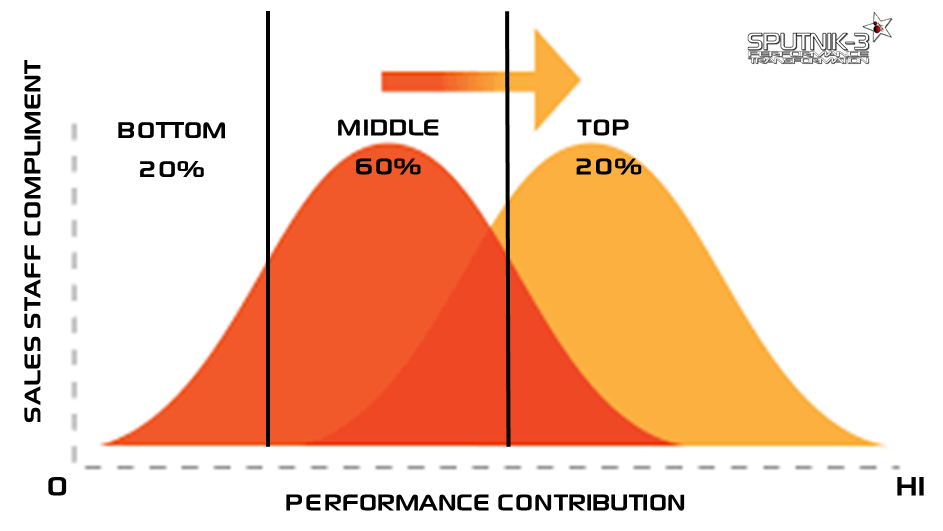While market interest rates and bond prices typically move in opposite directions, high-yield bonds may have a big enough coupon to absorb some of the principal loss. However, these assets may carry more risk, acting like stocks, and may fall dramatically during an economic downturn.
Similarly, What is a high yield bond?
What Are High-Yield Bonds? High-yield bonds (also called junk bonds) are bonds that pay higher interest rates because they have lower credit ratings than investment-grade bonds. High-yield bonds are more likely to default, so they must pay a higher yield than investment-grade bonds to compensate investors.
Why would you invest in high yield bonds? Diversification – High yield bonds typically have a low correlation to investment grade fixed income sectors, such as Treasuries and highly rated corporate debt, which means that adding high yield securities to a broad fixed income portfolio may enhance portfolio diversification.
Thereof, Are junk bonds safer than stocks?
KEY TAKEAWAYS. High-yield bonds offer higher long-term returns than investment-grade bonds, better bankruptcy protections than stocks, and portfolio diversification benefits. Unfortunately, the high-profile fall of « Junk Bond King » Michael Milken damaged the reputation of high-yield bonds as an asset class.
Can you lose money investing in bonds?
Bonds are often touted as less risky than stocks—and for the most part, they are—but that does not mean you cannot lose money owning bonds. Bond prices decline when interest rates rise, when the issuer experiences a negative credit event, or as market liquidity dries up.
What is an example of a junk bond?
Real World Example of a Junk Bond
Tesla Inc. (TSLA) issued a fixed-rate bond with a maturity date of March 1, 2021 and a fixed semi-annual coupon rate of 1.25%. The debt received an S&P rating of B- in 2014 when it was issued. In October 2020, S&P upgraded its rating to BB- from B+.
What are the disadvantages of junk bonds?
The main disadvantage of junk bonds is their risk. They have a higher risk of default than most other fixed-income securities. Junk bonds can be quite volatile, especially in times of uncertainty regarding the issuer’s performance.
What qualifies as a junk bond?
A junk bond is debt, known as a corporate bond, issued by a company that does not have an investment-grade credit rating. Junk bonds are also known as high-yield bonds because the interest payments are higher than for the average corporate bond.
Are bonds a good investment in 2021?
2021 will not go down in history as a banner year for bonds. After several years in which the Bloomberg Barclays US Aggregate Bond Index delivered strong returns, the index and many mutual funds and ETFs that hold high-quality corporate bonds are likely to post negative returns for the year.
Should I invest in bonds 2021?
Are Bonds a Good Investment in 2021? In 2021, the interest rates paid on bonds have been very low because the Federal Reserve cut interest rates in response to the 2020 economic crisis and the resulting recession.
Are bonds safe if the market crashes?
While it’s always possible to see a company’s credit rating fall, blue-chip companies almost never see their rating fall, even in tumultuous economic times. Thus, their bonds remain safe-haven investments even when the market crashes.
How do junk bonds make money?
Like any bond, a junk bond is an investment in debt. A company or a government raises a sum of money by issuing IOUs stating the amount it is borrowing (the principal), the date it will return your money (maturity date), and the interest rate (coupon) it will pay you on the borrowed money.
How much do junk bonds pay?
Junk bonds have higher default rates.
According to S&P Global Ratings, the default rate for junk bonds was 5.5% in 2020. By contrast, the default rate for investment-grade bonds is 0.00%.
How do you profit from junk bonds?
Here are three ways to profit from junk bonds:
- SPDR Bloomberg Barclays High Yield Bond ETF ( JNK ) The JNK ETF is the most popular way for retail investors to access the junk bond market. …
- MassMutual Premier High Yield Fund ( DLHYX ) …
- ProShares Short High Yield ETF ( SJB )
How do junk bonds make money?
The key to making money with junk bonds is to diversify across industries. That’s because failing companies are often concentrated in problem industries. Investors should diversify across many ‘asset classes’. One of these asset classes, of course, is fixed-income investments, such as bonds.
Why should I not invest in bonds?
When Not to Invest in Bonds
Although bonds can provide some excellent benefits to investors, there are still some risks associated with them: You expect interest rates to rise. Bond prices have an inverse relationship with interest rates.
Why do companies sell junk bonds?
Junk bonds can boost overall returns in your portfolio while allowing you to avoid the higher volatility of stocks. These bonds offer higher yields than investment-grade bonds and can do even better if they are upgraded when the business does improve.
How much do junk bonds pay?
The chart below shows the bond-rating scales from the two major rating agencies. Historically, average yields on junk bonds have been 4% to 6% above those for comparable U.S. Treasuries. U.S. bonds are generally considered the standard for investment-grade bonds because the nation has never defaulted on a debt.
What is the highest grade of high-yield bonds?
Bonds with a rating of BBB- (on the Standard & Poor’s and Fitch scale) or Baa3 (on Moody’s) or better are considered « investment-grade. » Bonds with lower ratings are considered « speculative » and often referred to as « high-yield » or « junk » bonds.
How do junk bonds make money?
Here are three ways to profit from junk bonds:
- SPDR Bloomberg Barclays High Yield Bond ETF ( JNK ) The JNK ETF is the most popular way for retail investors to access the junk bond market. …
- MassMutual Premier High Yield Fund ( DLHYX ) …
- ProShares Short High Yield ETF ( SJB )
Should I buy bonds in 2022?
In an environment of rising interest rates and healthy economic growth, we continue to favor high-yield corporate bonds. There’s been virtually nowhere for investors to hide in 2022, with losses across the board in both bond and stock markets.
Will I bonds go up in 2022?
The April 2022 I bond inflation rate is 7.12% (US Treasury) which is 3.56% earned over 6 months. Your $100 investment becomes $103.56 in just 6 months! What’s even more important is that the May 2022 I bond inflation rate is going to be 9.62% (based on CPI data released April 12).
Should I hold bonds 2022?
If you know that interest rates are increasing, buying bonds after rates rise would be beneficial. You avoid the loss of -5.2% and buy a bond that yields 2.8%. The Fed is signaling 3 to 4 interest rate increases in 2022 for as much as 1%.
Join TheMoney.co community and don’t forget to share this post !





